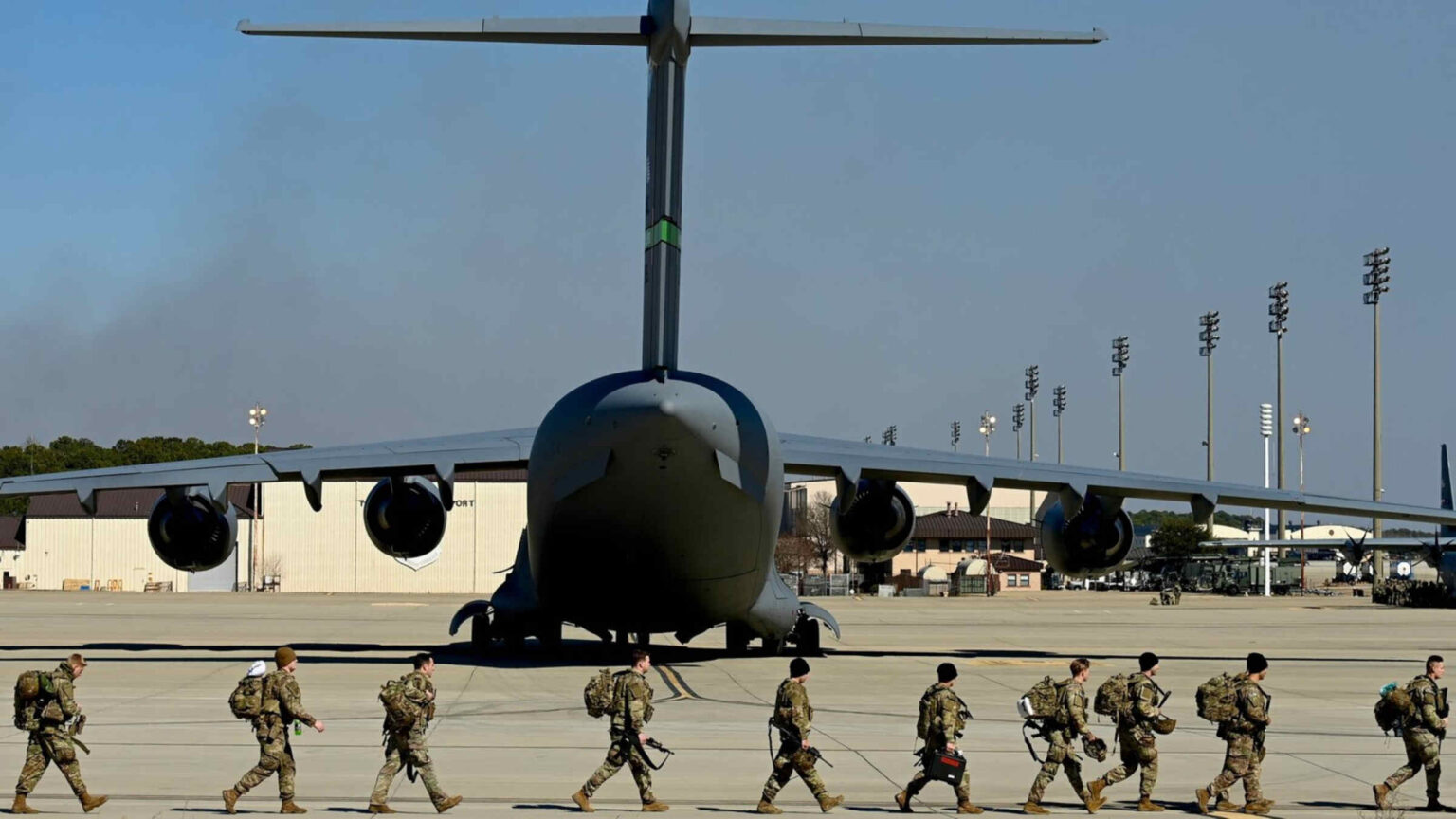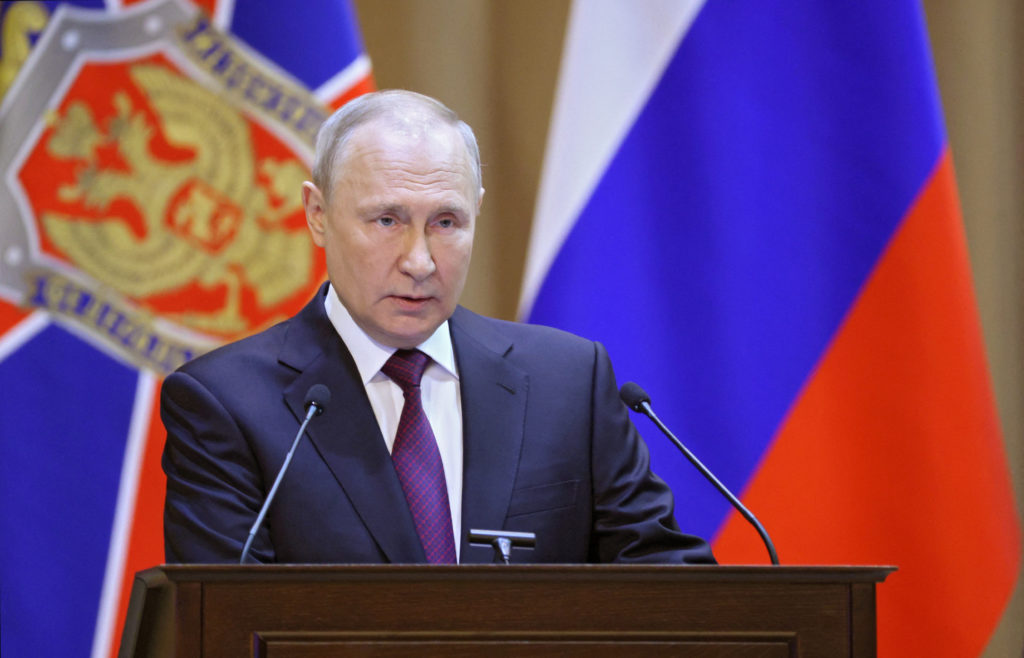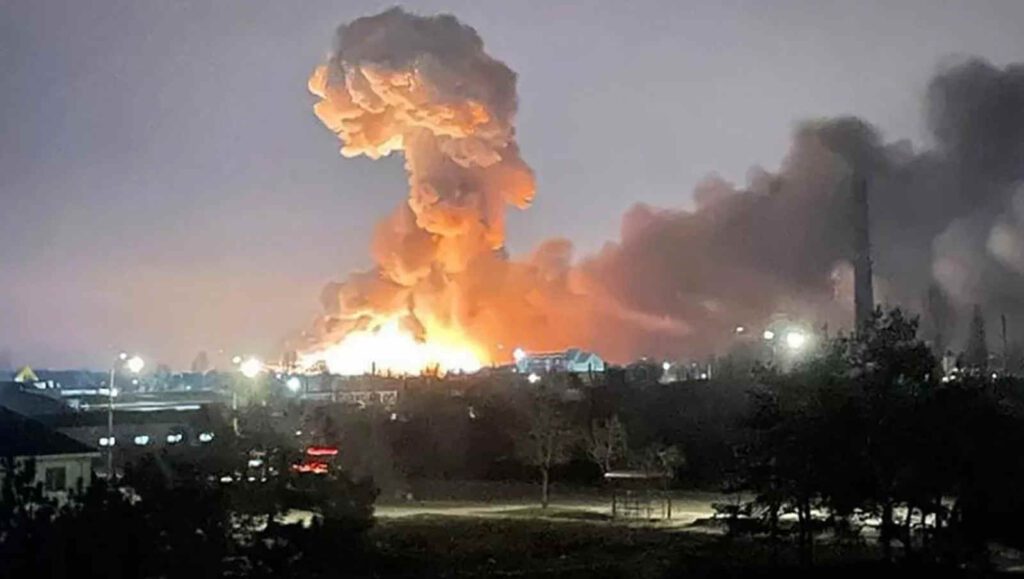
Are Russia and Ukraine igniting WW3? Inside the rising numbers
As the echoing drums of conflict roll on in Ukraine, the once harmonious chorus of Western unity begins to fray. Remember those solid front lines, bound by the spirit of shared political zeal and the haunting specters of an aggressive invasion? They’re now negotiating the crescendos and decrescendos of a global political symphony that’s anything but predictable.
On one side, the United States grapples with its own internal political cacophonies, illustrating a score where once steadfast aid for Ukraine dances precariously on a tightrope of political brinkmanship. Despite fervent bipartisan support, congressional conflicts saw a staggering drop in financial aid for Ukraine, leaving policymakers to hustle and perhaps, improvise a new melody of support.

Europe’s Changing Tune
Swinging the lens towards Europe, the composition shifts, the melody intertwining with a different kind of political music. Last year, Ukraine’s victorious defiance against Russian forces painted a breathtaking overture of triumph, binding Western countries in a powerful symphonic alliance. But today, varied political notes in countries like Slovakia and Poland create a diverse and occasionally discordant melody.
Slovakia, once a sonorous ally in Ukraine’s geopolitical orchestra, now teeters on a potentially different tune. Robert Fico, stepping into the limelight with his socially conservative yet left-wing populist campaign, projects a composition that’s less about military aid for Ukraine and more about harmonizing with domestic economic and energy concerns. His politics, which flirt with pro-Russian cadences, have struck a chord with many Slovaks, reorienting the symphony towards a different direction.
In Poland, while the melody is distinct, it similarly diverges from Ukraine’s hoped-for harmonies. Political and trade tensions, partly composed by disputes over grain and subtly underscored by a far-right political presence, introduce a new set of notes, creating a nuanced and complex musical score.

From Unison to Solo: Navigating the New Political Soundscape
Moving towards the deeper baritones of realpolitik, let’s dive into Slovakia’s shifting stance. Fico, a potential ally for Hungary’s Viktor Orban, raises questions, but his political symphony isn’t all strings and sadness for Ukraine. Yes, he talks of aligning with Russia and minimizing EU connections, but let’s not forget: this man is a pragmatist, a maestro of balancing melodies.
While he played a smoother, more synchronized tune with both the EU and Russia pre-invasion, Fico’s experience orchestrating between varied political compositions might just keep Slovakia from becoming a fully pro-Russian ballad. Slovakia, deeply entwined with the EU, is bound by economic, political, and security chords that aren’t easily severed or retuned.

Ukraine’s Aria of Perseverance Amidst Wavering Support
But even as the political harmonies diversify and the united front ebbs into a softer, more uncertain melody, Ukraine persists, forging onward against a formidable Russian opposition. Here, its reliance on western aid hits a poignant note, and the diminuendo of support from once-solid allies plays a melancholic undertone.
In the United States, the symphony takes on a uniquely vibrant yet disjointed rhythm. Between Congress’ ballet of dodging government shutdowns and the trumpet blares of various GOP members questioning the allocation and impact of Ukraine aid, the American segment of this global orchestra meanders between supportive harmonies and discordant political interjections.
And so, Ukraine’s saga continues, its once triumphant overture now peppered with a mélange of melodies — hopeful, uncertain, and challenging. Western policies and politics, each performing their own unique compositions, dance between camaraderie and self-preservation, continuing the dramatic symphony of geopolitical interactions.

The Crescendo: Pondering the Future of a Global Symphony
As Ukraine propels itself through the crescendo of conflict, traversing a landscape dotted with political intrigue, shifting alliances, and economic strain, it leans into an uncertain future with perseverance. Its ability to continue galvanizing support, amidst the symphonic cacophony of varied global politics, remains crucial in its ongoing struggle.
Could Ukraine’s soulful melody of resistance and determination inspire a reharmonization of international support, creating a unified symphony that challenges Russia’s ominous war drums? Only time will reveal the unfolding movements of this global concert, dictating whether nations will find a harmonious accord or drift into divergent, discordant paths.
Will the next movement witness a resonant alliance or a splintering into solitary tunes, each playing to the beat of its own drummer?



